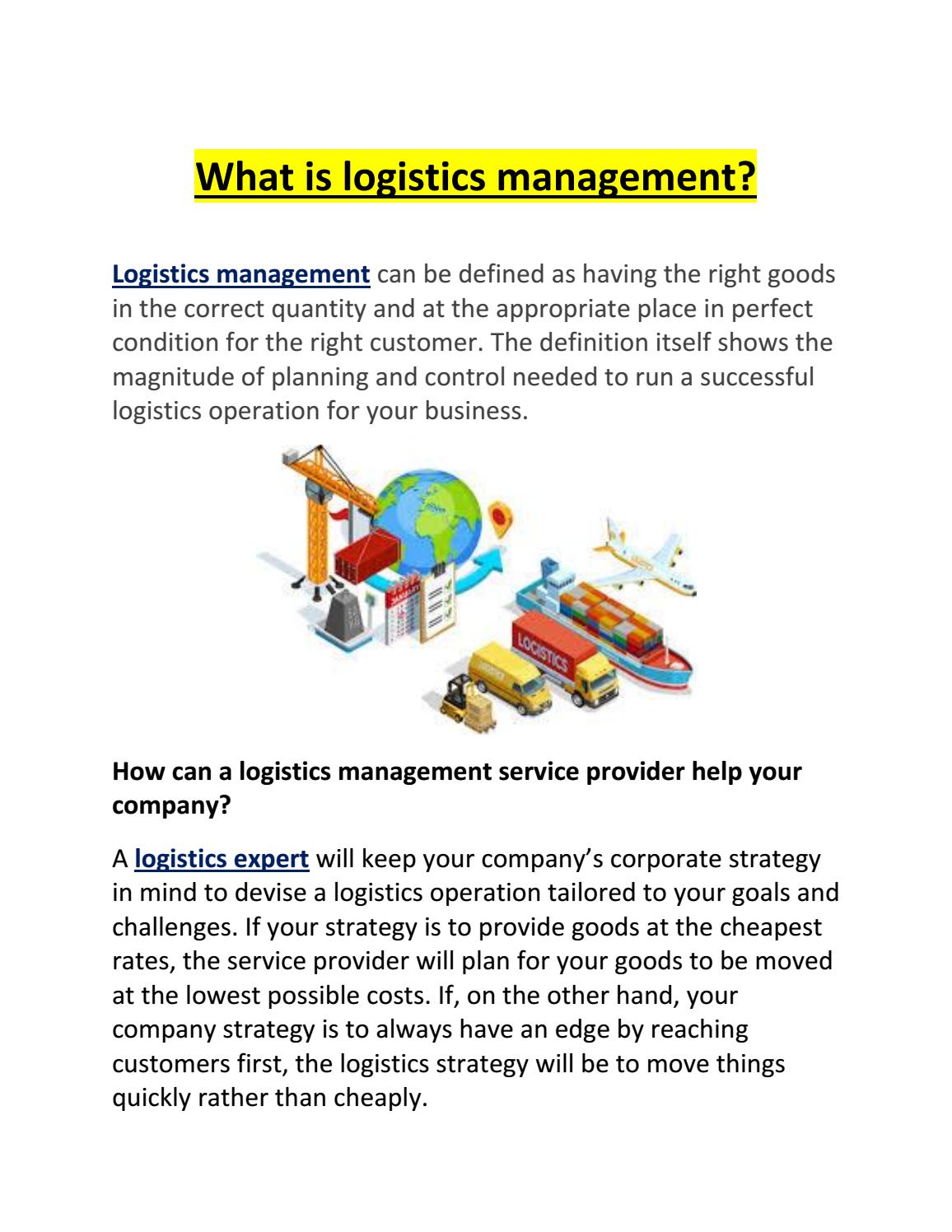
The Compensation and Benefits Manager supervises the activities and milestones of subordinate staff and ensures departmental budgets and project milestones. They also have full authority over personnel actions. A typical compensation and benefits manager has five to three years experience with supervisory experience. They also must have a deep understanding of departmental processes.
Job duties
A compensation and benefits manager oversees all aspects of an organization's compensation and benefits program. Job duties include analyzing data, identifying trends, and monitoring employee benefits packages. They also consult with department heads and HR staff. They must keep up-to-date with the ever-changing employee benefit regulations. They are responsible to ensure that employee benefit packages meet all legal requirements and conform with tax liabilities.
The primary responsibility of a compensation and benefits manager is to create and implement cost-effective employee benefits programs. They must be able to make tough decisions, analyze new programs and ensure that policies and procedures comply with regulations. They also assist the HR department with recruiting and hiring and create employee wellness programs. They also manage department budgets.

Salary
The median salary of a compensation and rewards manager is $122,270. The median salary for this role is determined by several factors including education, years experience, and certification. The highest paid compensation and benefits managers earn over $220,000 Although many compensation and benefits mangers work full-time, some might work overtime or more during peak times. According to Bureau of Labor Statistics, the employment of compensation- and benefits managers is expected to rise 3 percent between 2018-2028.
They oversee employee benefits, including salary structures and compensation. They research and establish company policies. They ensure employees get competitive wages and benefits. In addition to preparing annual and quarterly reviews, compensation and benefits managers also review employee wage budgets. They also supervise other compensation specialists, and check their accuracy. Other responsibilities include coordinating employee benefits information and monitoring payroll distribution.
Education is required
A bachelor's degree is usually required for a job in compensation and benefits management. This includes at least five year of relevant work experience. Some employers prefer applicants with a master's degree, however. Employer benefits and compensation plans are managed by compensation managers.
This career requires people who are able to work under pressure and possess strong interpersonal skills. They need to have both technical skills and knowledge in human resources. Managers of compensation and benefits work full-time. They typically work forty hours or more per week. Sometimes, they might work overtime to meet deadlines. They can be skilled in a variety of areas, including compensation and benefits management. However, they require strong leadership skills and management experience. They should also have a strong understanding of human psychology.

Perspectives on the job
A wide variety of responsibilities are required for compensation and benefits managers. These individuals must be able to analyze data and make recommendations to senior management. They should be able communicate effectively and possess high levels of discretion and ethics. These professionals need to have a deep understanding of the laws governing benefits and compensation.
Typically, compensation and benefits managers need a bachelor's degree in business administration, human resources, or another related field. Online programs are also possible. A traditional degree is not required. Compensation and benefits managers can also gain valuable work experience from other areas.
FAQ
What are management concepts?
Management concepts are the practices and principles managers use to manage people or resources. These topics include job descriptions, performance evaluations and training programs. They also cover human resource policies, job description, job descriptions, job descriptions, employee motivation, compensation systems, organizational structures, and many other topics.
Which kind of people use Six Sigma
Six-sigma will be well-known to anyone who has worked in operations research or statistics. Anyone involved in business can benefit.
It is a commitment-intensive task that requires strong leadership skills.
What is the difference in leadership and management?
Leadership is about influencing others. Management is about controlling others.
Leaders inspire followers, while managers direct workers.
A leader motivates people to achieve success; a manager keeps workers on task.
A leader develops people; a manager manages people.
Why is it important that companies use project management methods?
To ensure projects run smoothly and meet deadlines, project management techniques are employed.
This is because most businesses rely heavily on project work to produce goods and services.
These projects require companies to be efficient and effective managers.
Companies could lose their time, reputation, and money without effective project management.
Statistics
- The BLS says that financial services jobs like banking are expected to grow 4% by 2030, about as fast as the national average. (wgu.edu)
- The average salary for financial advisors in 2021 is around $60,000 per year, with the top 10% of the profession making more than $111,000 per year. (wgu.edu)
- Hire the top business lawyers and save up to 60% on legal fees (upcounsel.com)
- The profession is expected to grow 7% by 2028, a bit faster than the national average. (wgu.edu)
- Your choice in Step 5 may very likely be the same or similar to the alternative you placed at the top of your list at the end of Step 4. (umassd.edu)
External Links
How To
How do I get my Six Sigma certification?
Six Sigma is a tool for quality management to improve processes and increase efficiency. It's a methodology that helps companies achieve consistent results from their operations. The name derives its meaning from the "sigmas" Greek word, which is composed of two letters that mean six. Motorola invented this process in 1986. Motorola realized they needed to standardize the manufacturing processes to produce products faster and cheaper. Due to the different workers involved, there was a lack of consistency. To overcome this problem they turned to statistical tools such control charts and Pareto analyses. After this, they would apply these techniques to every part of the operation. This would allow them to make any necessary changes. To get Six Sigma certified, there are three key steps. First, you need to determine if your qualifications are valid. You will need to complete some classes before you can start taking the tests. Once you've passed those classes, you'll start taking the tests. You will want to remember everything you learned in the class. Then, you'll be ready to take the test. If you pass, then you will become certified. Final, your certifications can be added to you resume.